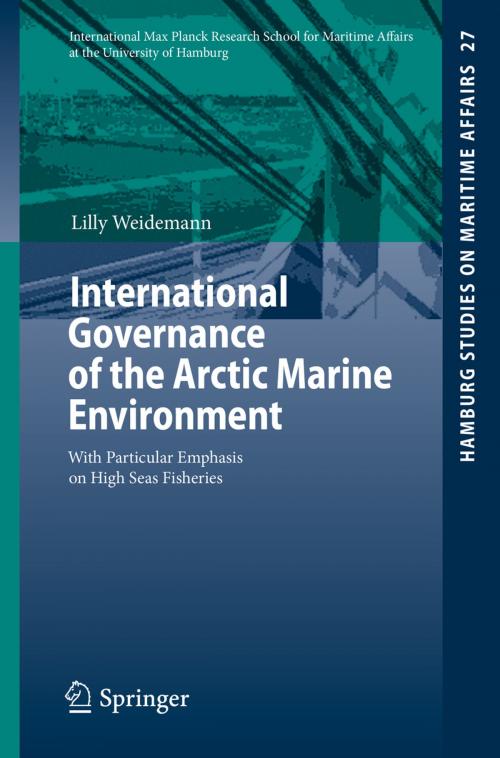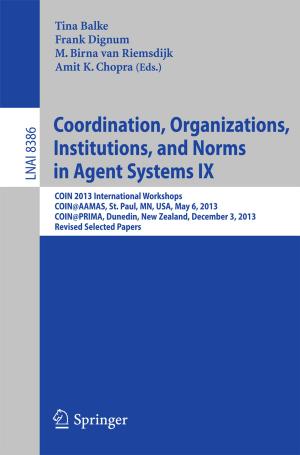International Governance of the Arctic Marine Environment
With Particular Emphasis on High Seas Fisheries
Nonfiction, Reference & Language, Law, Environmental, International| Author: | Lilly Weidemann | ISBN: | 9783319044712 |
| Publisher: | Springer International Publishing | Publication: | April 9, 2014 |
| Imprint: | Springer | Language: | English |
| Author: | Lilly Weidemann |
| ISBN: | 9783319044712 |
| Publisher: | Springer International Publishing |
| Publication: | April 9, 2014 |
| Imprint: | Springer |
| Language: | English |
The Arctic is particularly affected by climate change; over the past few decades, temperatures in this area have risen twice as fast as the mean global rate. The most prominent effect of global climate change in the region is the melting sea ice in the Arctic Ocean, which enables a multitude of ocean uses to be initiated and extended, such as shipping, fishing and oil and gas extraction. Unlike in the Antarctic, there is currently no single comprehensive legal regime for governance of the Arctic. Instead, the region is regulated by a patchwork of international treaties, above all the United Nations Convention on the Law of the Sea (UNCLOS), various regional and sub-regional agreements, national laws and soft-law agreements. This treatise provides an evaluation of the governance regime that regulates the use of the Arctic marine environment and its readiness to protect these fragile ecosystems in light of the consequences of climate change.
The Arctic is particularly affected by climate change; over the past few decades, temperatures in this area have risen twice as fast as the mean global rate. The most prominent effect of global climate change in the region is the melting sea ice in the Arctic Ocean, which enables a multitude of ocean uses to be initiated and extended, such as shipping, fishing and oil and gas extraction. Unlike in the Antarctic, there is currently no single comprehensive legal regime for governance of the Arctic. Instead, the region is regulated by a patchwork of international treaties, above all the United Nations Convention on the Law of the Sea (UNCLOS), various regional and sub-regional agreements, national laws and soft-law agreements. This treatise provides an evaluation of the governance regime that regulates the use of the Arctic marine environment and its readiness to protect these fragile ecosystems in light of the consequences of climate change.















